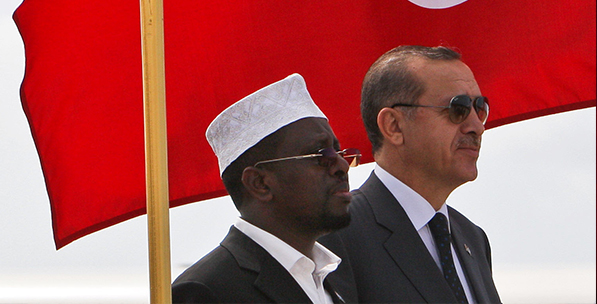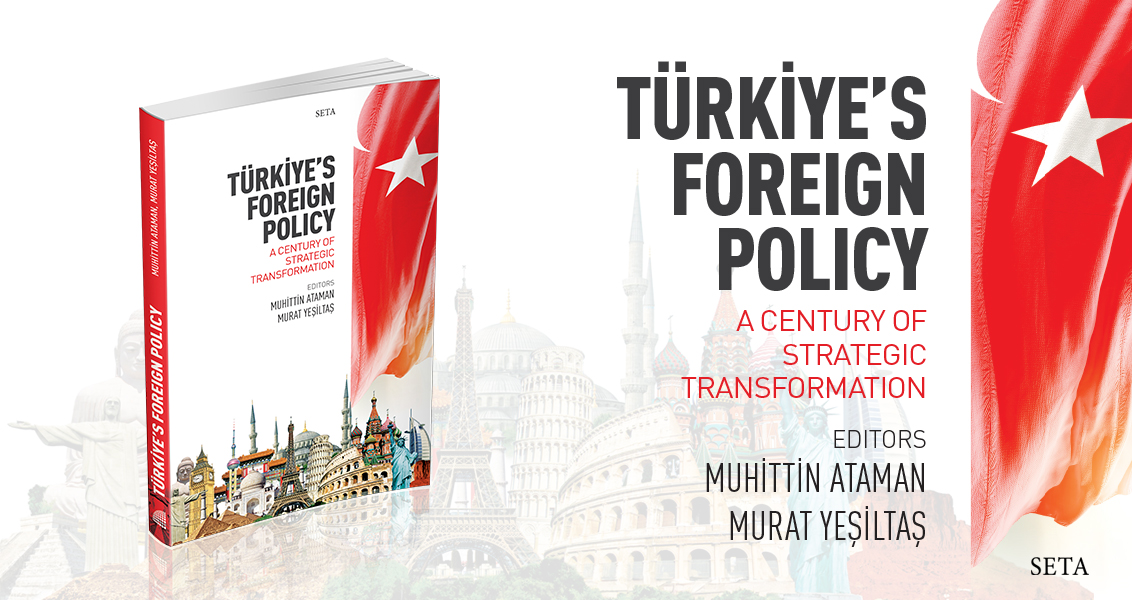
Turkey's Involvement in Somalia: Assesment of a State-Building in Progress
This study primarily aims to provide an analysis on a regional and global scale while providing insight into the actions of Turkish institutions and organizations in Somalia.
Share
Turkey’s involvement in Somalia and its success, so far, is a novelty in Turkish foreign policy. Turkey’s policy on Somalia over the past three years must be seriously evaluated and all aspects must be thoroughly analyzed. A critical assessment of Turkey’s accumulated experience since 2011 by decision-makers and practitioners would open the doors to improve the organization and policy practices for the future. Additionally, learning from the previous mistakes would strengthen and expand Turkey’s policy on Somalia.
Turkish policy on Somalia is made up of various “firsts” for Turkey. Turkey, for the first time ever, began to follow a strategy of state building within a continent where it has little experience. An additional first for Turkey is the shared experience with the entry of NGOs and government organizations to re-build Somalia as a country together. The State building effort would only be possible if these organizations worked and coordinated together, which was a new practice for Turkish foreign policy. For the very first time, government organizations and NGOs worked towards a common goal. This engendered a shared experience and collective memory.
In this context, this study emerged through the general literature and debates on the issue as well as the interviews conducted regarding the topic and results from the workshops attended by various institutions. This study primarily aims to provide an analysis on a regional and global scale while providing insight into the actions of Turkish institutions and organizations in Somalia. The goal is to constructively contribute to establishing a clear paradigm fort he future of Turkey’s involvement in Somalia.
Tags »
Related Articles








